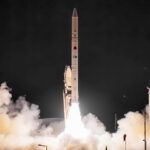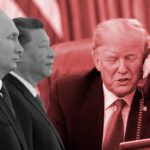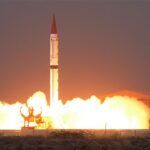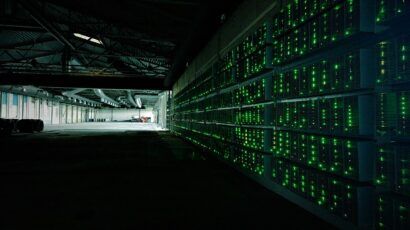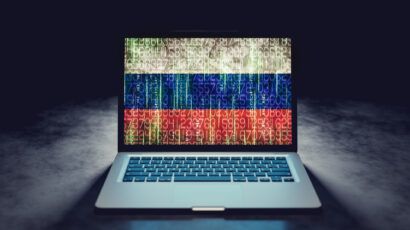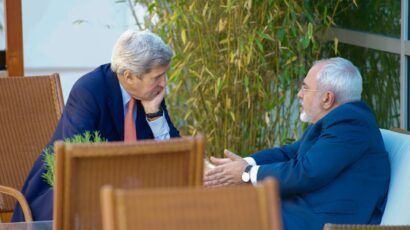Discarding tired assumptions about North Korea
By Jacques E. C. Hymans | May 28, 2009
Dovish owls argue that Kim Jong Il knows his country is a near-failed state. Therefore, he would gladly give up his nuclear weapons in exchange for a generous package of U.S. aid and security guarantees. In this reading, Pyongyang’s latest nuclear test is a demand for attention from a new U.S. administration it wants to do business with.
North Korea’s latest nuclear test has rekindled the old debate among U.S. foreign policy “owls”–we may leave aside the hawk and dove purists–over how to rein in Pyongyang’s nuclear program.
Dovish owls argue that Kim Jong Il knows his country is a near-failed state. Therefore, he would gladly give up his nuclear weapons in exchange for a generous package of U.S. aid and security guarantees. In this reading, Pyongyang’s latest nuclear test is a demand for attention from a new U.S. administration it wants to do business with.
Hawkish owls argue that Kim well understands the great value of nuclear weapons in an anarchic world. Therefore, only crippling economic sanctions and credible military threats will make him give up his nuclear arsenal. In this reading, Pyongyang’s latest nuclear test–on Memorial Day no less–is a defiant challenge to a new U.S. administration it perceives as distracted, weak, and indecisive.
Despite their apparent differences, both types of owls share two common assumptions. The first is that North Korea’s actions are rational responses to external incentives. The second is that for all intents and purposes, North Korea has “the bomb.” But these assumptions are wrong. In fact, Kim is highly unlikely ever to abandon his nuclear dream.
The owls’ problematic first assumption is that North Korea’s actions are rational responses to external incentives. But to ask whether Kim is “crazy” or “rational” is to pose a false choice in this context. Some decisions have such broad and complex consequences that even IBM’s Deep Blue would have trouble determining the likely payoffs. North Korea’s decision to invade South Korea in 1950 is one example; its decision to “go nuclear” is another. These decisions cannot be the product of rational calculation, because their consequences are essentially incalculable.
There is an unmistakable psychological dimension to nuclear proliferation decisions, not just in North Korea but everywhere they are made. In particular, as I have argued at length elsewhere, leaders who are “oppositional nationalist” are uniquely tempted by the prospect of acquiring the bomb. Oppositional nationalists’ conception of their nation fuses the powerful emotions of fear and pride. This explosive psychological cocktail drives them to pursue the “absolute weapon” with great determination.
North Korea’s oppositional nationalist leadership has sought nuclear weapons not just since the end of the Cold War, but indeed ever since the 1960s. True, Pyongyang has occasionally pressed the pause button–sometimes after diplomatic negotiations, sometimes after natural or man-made disasters. But it has never taken any serious steps toward denuclearization despite all kinds of diplomatic (and undiplomatic) approaches from the United States. We need to recognize that neither carrots nor sticks will cause Kim to abandon a strategic objective that stems not from his head, but rather from his heart.
The owls’ second assumption, that North Korea essentially has the bomb today, is also problematic. That assumption derives from the widespread belief that given the right materials even a team of college physics students could build one, so a state should have no trouble at all. But this ignores the infinite capacity of neo-patrimonial or “sultanistic” regimes such as the one in Pyongyang to turn a sure thing into a long shot.
Some U.S. analysts have been downright eager to induct North Korea into the nuclear club. For instance, a November 1993 National Intelligence Estimate (NIE) declared that North Korea was already in possession of nuclear weapons. Then after North Korea’s 2006 nuclear test, various ingenious excuses were offered to explain away its pitiful yield. This week, however, even Pyongyang’s propaganda arm strongly suggested that the second nuclear test had been necessary to “satisfactorily settle the scientific and technological problems” revealed by the first one. Has the latest test completely put those problems to rest? The early technical indications are that it hasn’t.
Considering not only its poor nuclear track record but also its generally dysfunctional state apparatus, North Korea’s ability to proceed beyond nuclear test devices to operational nuclear weapons systems remains very much an open question. But outsiders may find it difficult to know when North Korea crosses that final line, and this opacity will open the door again for analysts bearing worst-case scenarios and quick to blame the other side for “losing” North Korea. Let us be on our guard.
Together, we make the world safer.
The Bulletin elevates expert voices above the noise. But as an independent nonprofit organization, our operations depend on the support of readers like you. Help us continue to deliver quality journalism that holds leaders accountable. Your support of our work at any level is important. In return, we promise our coverage will be understandable, influential, vigilant, solution-oriented, and fair-minded. Together we can make a difference.
Topics: Opinion


